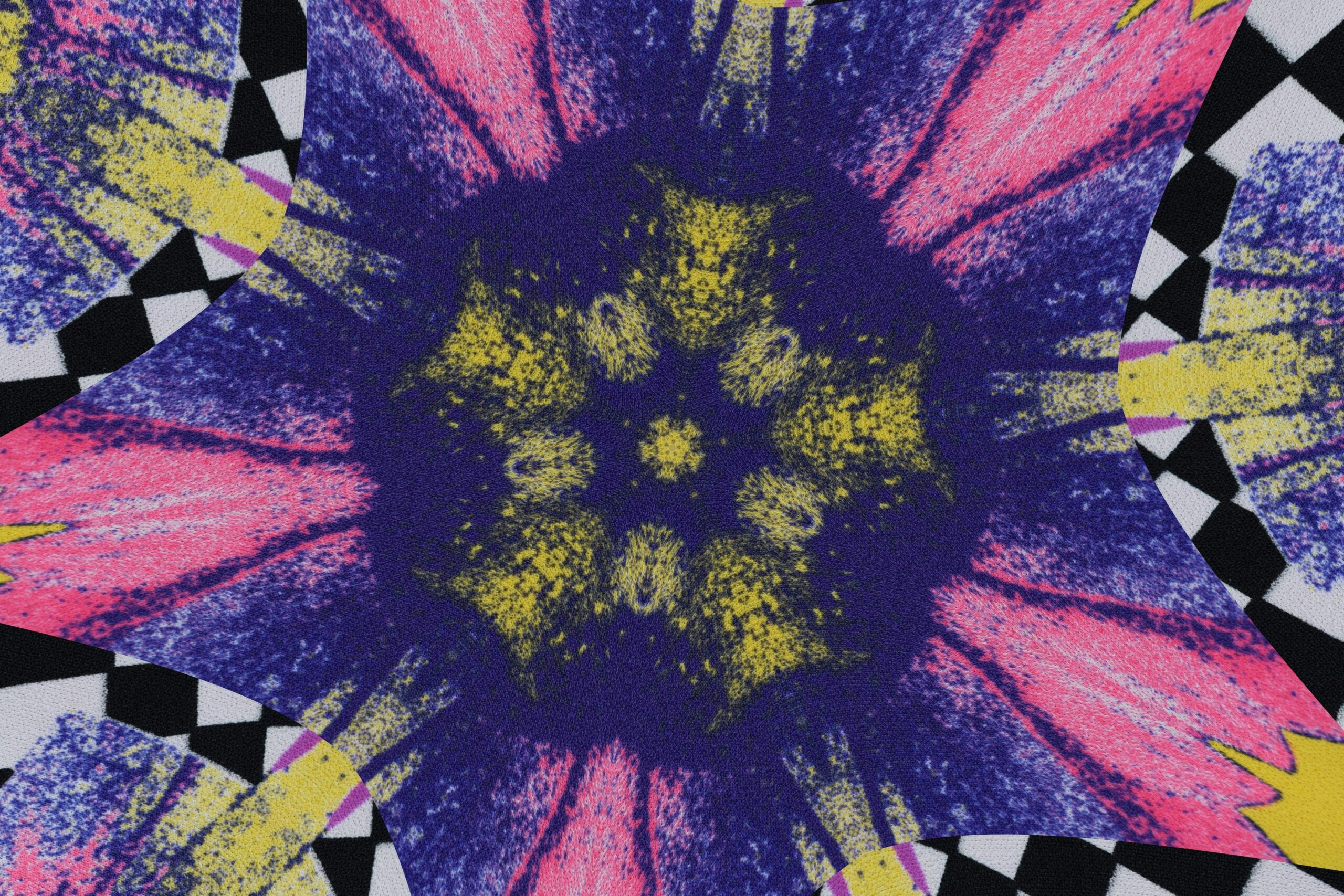Dying declaration can be the sole basis of conviction if it inspires the full confidence.

Supreme Court in Naeem v. State Of Uttar Pradesh [Neutral Citation: 2024 INSC 169] Acquited Two in Murder Case and Upheld Conviction of Prime Accused Based on Dying Declaration.
The Court allowed the appeals of the two accused, acquitting them due to the lack of specific roles attributed to them in the dying declaration. However, the court upheld the conviction of the prime accused, relying solely on the cogent and reliable dying declaration of the deceased.
Facts that gave rise to the instant dispute were, On 1st December 2016, Shahin Parveen sustained severe burn injuries and gave a statement alleging that her brother-in-law Pappi @ Mashkoor (Accused No. 1), his wife Naeema (Accused No. 2), and Naeema’s brother Naeem (Accused No. 3) had set her on fire. Shahin Parveen’s dying declaration (Ext. Ka-6) was recorded by Raj Kumar Bhaskar (PW-5), the then Naib Tehsildar, on the same day between 8:48 pm and 9:15 pm. In her dying declaration, Shahin Parveen stated that she had a dispute with Pappi @ Mashkoor over the partition of their shared residence. On the day of the incident, Pappi @ Mashkoor poured kerosene on her and set her ablaze, aided by Naeema and Naeem. Shahin Parveen succumbed to her injuries on 2nd December 2016 at Safdarjang Hospital, New Delhi. Based on the dying declaration, the trial court convicted all three accused under Sections 302 (Punishment for murder) and 34 (act done in furtherance of the common intention) of the IPC and sentenced them to life imprisonment. The High Court upheld the conviction and sentence. Being aggrieved thereby, the appellants preffrerd the present appeals.
Issue before the court in the instant appeals was whether the conviction based solely on the dying declaration is sustainable, and if so, whether the conviction of all three accused is tenable. The Supreme Court held that a dying declaration can be the sole basis of conviction if it inspires the full confidence of the court, and the court is satisfied that the deceased was in a fit state of mind and the statement was not the result of tutoring, prompting, or imagination. The court found no reason to interfere with the concurrent findings that the dying declaration was true, free from any effort to induce a false statement, coherent, and consistent. Regarding the conviction of Accused No. 1 Pappi @ Mashkoor, the court upheld the conviction based solely on the cogent, trustworthy, and reliable Dying declaration, which attributed the specific roles of pouring kerosene and setting the deceased ablaze to him. However, for Accused No. 2 Naeema and Accused No. 3 Naeem, the dying declaration only stated that they aided Pappi @ Mashkoor without specifying their roles. The court held that in the absence of any specific role attributed to them, they were entitled to the benefit of the doubt. Consequently, the Supreme Court allowed the appeals of Naeema and Naeem, acquitting them of all charges, while dismissing the appeal of Pappi @ Mashkoor, upholding his conviction and life sentence.
By entering the email address you agree to our Privacy Policy.



